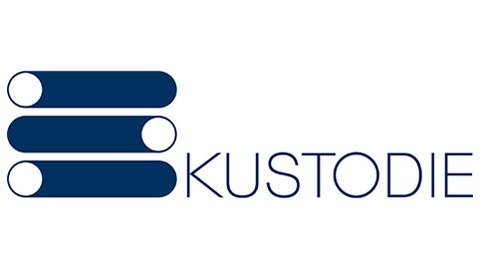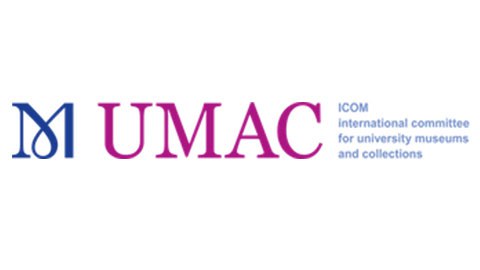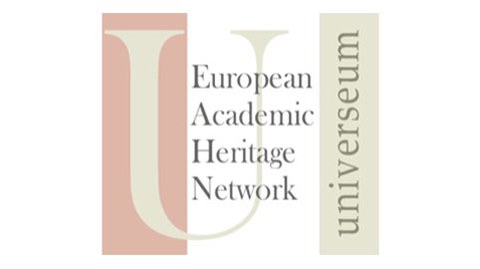Organizers
Office for Academic Heritage, Scientific and Art Collections at TUD Dresden University of Technology
TU Dresden possesses a major and unique stock of historical and current exhibits from academic teaching, research, and art. It consists of 40 collections from the fields of science and technology, as well as a significant number of works pertaining to art in Saxony after 1945.
The Office for Academic Heritage, Scientific and Art Collections is the central institution with responsibility for the preservation of the collection items. Additionally, it is the mission of the office to continually survey the collections in light of the ever-changing nature of research and knowledge, integrate them into current contexts, and facilitate their accessibility to a wider public. Through its multifaceted research, collection, and exhibition activities, the Office for Academic Heritage, Scientific and Art Collections forges links between the natural, engineering, and human sciences, as indeed between science and art, the past and the present.
Learn more on the Office's website
ICOM-UMAC
UMAC is the international committee for university museums and collections of the International Council of Museums, ICOM. It is an international forum for all those working in, or associated with, academic museums, galleries and collections.
UMAC is the global advocate for higher education museums and collections of all disciplines. UMAC’s mission is to contribute to society, for the benefit of all, by sustaining the continued development of university museums and collections as essential resources devoted to research, education, and the preservation of cultural, historic, natural and scientific heritage.
Learn more on ICOM-UMAC's website
UNIVERSEUM European Academic Heritage Network
Universeum is a European network, established in the year 2000, concerned with academic heritage in its broadest sense, both tangible and intangible. It aims at the preservation, study, access and promotion of university collections, museums, archives, libraries, botanical gardens, astronomical observatories, etc. It is open to heritage and museum professionals, researchers, students, university administrators and all those involved in university heritage.



